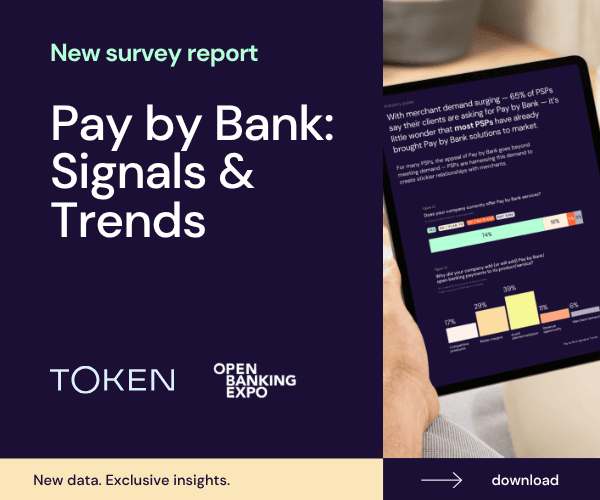The Home Affairs Committee has launched an inquiry into the potential benefits and risks of government-issued digital ID, citing the “growing debate” around digital identity in the UK.
In a press statement, the Home Affairs Committee stated that a digital ID could take the form of government-issued digital documents, such as passports, driving licenses or national insurance numbers, as well as biometrics, such as fingerprints or facial recognition data.
The Government has already unveiled its plans for a digital ‘Gov.UK wallet’, which will allow individuals to access digital versions of government documents, including a new digital driver’s licence led by the Department for Science, Innovation and Technology.
Meanwhile, eVisas were recently introduced to allow individuals to prove their immigration status digitally.
While the Government has not yet announced plans for a more comprehensive national digital ID programme, the Home Affairs Committee acknowledged that “several organisations have proposed the introduction of a single national digital ID”, on the basis that it could make it easier to access public services, including the NHS, benefits and tax systems.
The digital ID inquiry will “examine what benefits the introduction of new digital forms of ID could bring for reducing crime and managing migration”, as well as explore privacy and security concerns and the “practical challenges” of realising the potential benefits.
Dame Karen Bradley said that the introduction of digital ID could help the Home Office reduce crime.
“But there are also fears that ID schemes could infringe on people’s privacy or be costly to implement effectively,” she added.
“The debate around digital ID is growing and we want to find the best evidence for how digital ID could be used by the Home Office to implement its priorities.”
The inquiry is currently accepting evidence until 21 August 2025.
Data Use and Access Bill passes
News of the inquiry comes in the same week that the Data Use and Access Bill was passed by the House of Lords, with Royal Assent now in progress.
On the UK Parliament website, it stated: “Both Houses have agreed on the text of the bill which now waits for the final stage of Royal Assent when the bill becomes an Act of Parliament (law). A date for Royal Assent is yet to be scheduled.”
The Government introduced the Data Use and Access Bill to Parliament in October last year, with the intention to “unlock the power of data to grow the economy”.
The Bill will support the future of Open Banking and the growth of new Smart Data schemes and, in doing so, is expected to generate approximately £10 billion towards the UK economy over 10 years.
Henk Van Hulle, chief executive officer of Open Banking Limited, said: “Now the real work begins – turning potential into progress.
“We are partnering across the ecosystem to make this vision a reality – collectively driving innovation, growth and real-world outcomes that make a difference to consumers and businesses.”
Further reading: UK government department explores energy Smart Data scheme rollout





